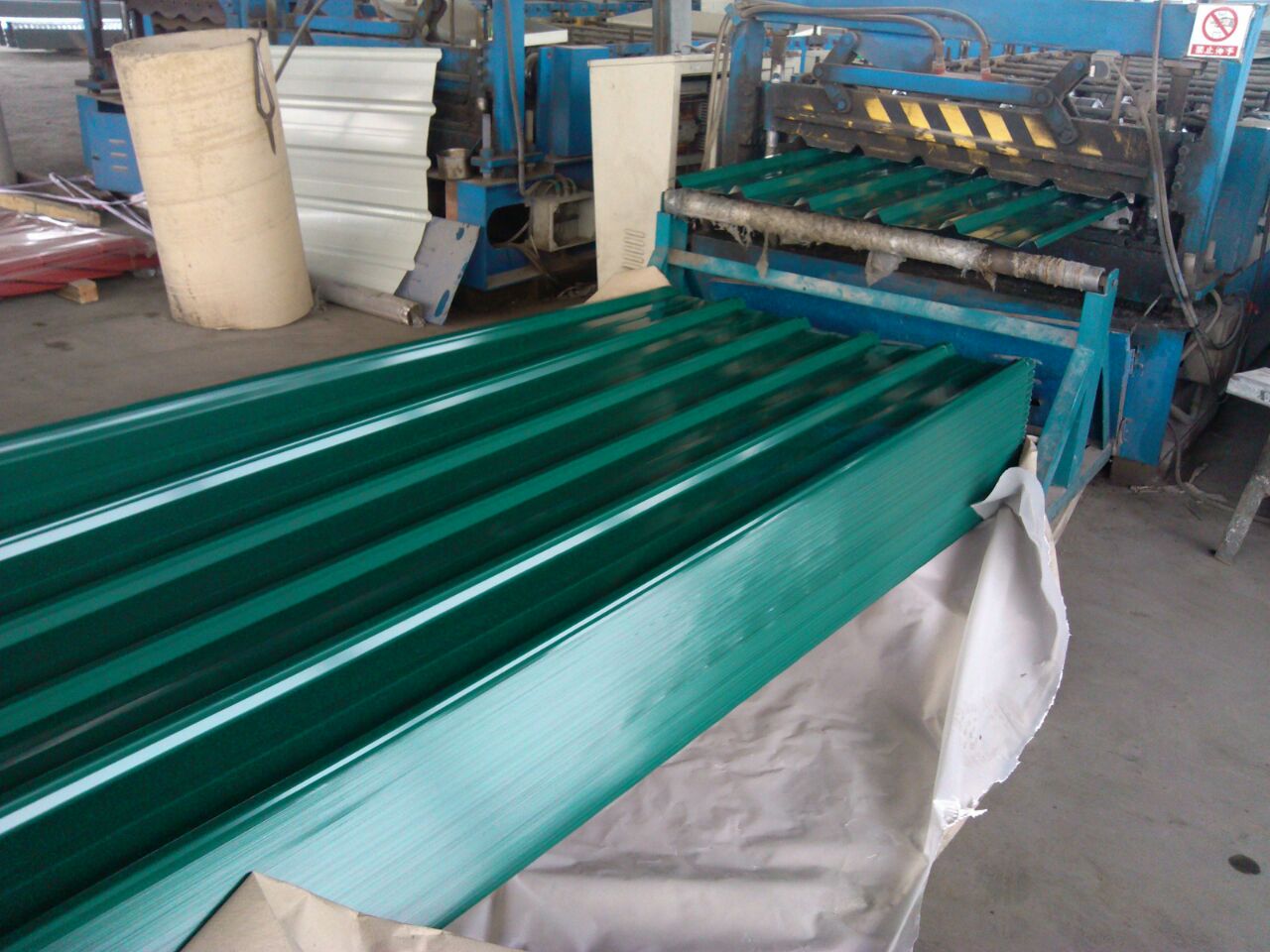
The value of the iron and steel imports rose by 69 percent in the nine months to September driven by increased economic activity and a global price rise of the commodities after supply cuts.
The latest Kenya National Bureau of Statistics (KNBS) data shows that the imports of iron and steel in the period shot up to Sh120.77 billion compared to Sh71.42 billion last year.
The rise has been attributed to the growth of real estate coupled with President Uhuru’s legacy infrastructure projects, including roads and the affordable housing plan.
The local steel industry heavily relies on imported raw materials — iron ore and coal, due to the lack of investment locally. According to the Trade ministry, the local deposits of such minerals are yet to attract commercial interest. 
“It’s a case of demand. Over the long term, real estate has really increased. On the supply side, we don’t see local firms having increased production to match the demand,” said Ken Gichinga chief economist, Mentoria.
Data also shows the quantities have been on a continued rise over the years to 1,417.18 thousand tonnes in the nine months to September 2021, a 24.5 percent increase from 1,138.24 thousand tonnes in the same period in 2016.The imports have jerked up Kenya’s import bill while making iron and steel products the largest import expenditure after petroleum and machinery.
The imports in the three months to September were valued at Sh41.40 billion, a 78 percent rise from a similar quarter in 2020.“Total value of imports in the third quarter of 2021 amounted to Sh541.9 billion compared to Sh420.8 billion in the similar quarter of 2020. The significant growth in import expenditure was largely on account of increase in imports of petroleum products, and iron and steel, which recorded an increase of 84.3 percent and 78.0 percent respectively,” KNBS stated.
Iron and steel attract 25 percent import duty agreed upon by the East Africa Community and Finance ministry to protect the local manufacturers.
The value increased amid the implementation of railway development levy to two percent from 1.5 percent effected in 2020 from cheaper or subsidised products and amid a wider range of products from local existing firms.
The rate was however reduced from 35 percent in the previous financial year.
The Act however provides for the maintenance of 1.5 percent RDL for manufacturers importing raw materials, intermediate products, and inputs for the construction of houses under the government’s affordable housing agenda.
